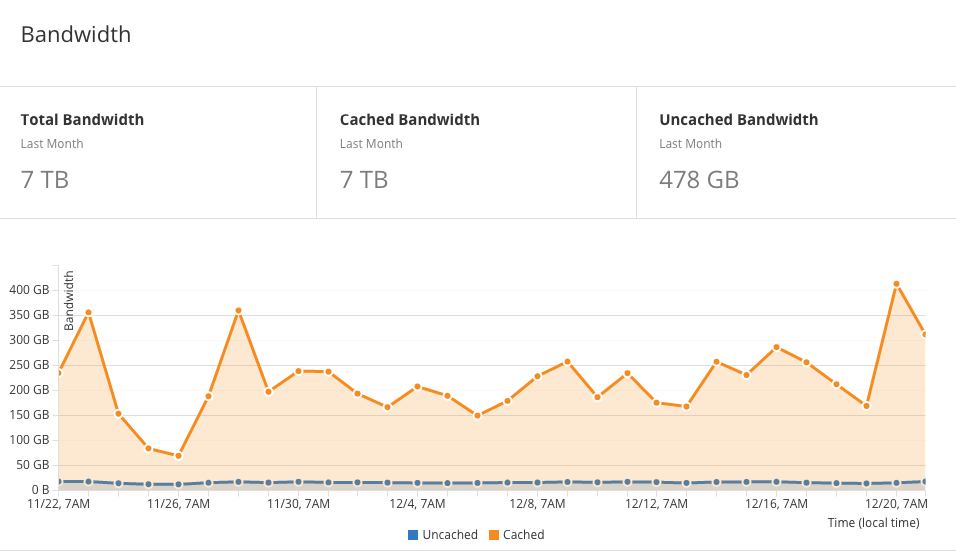My apologies for being so silent recently. I think this has actually been the longest I've gone without making any big changes to DaniWeb in as long as I can remember.
As many of you know, I've been hard at work on my new project, Dazah, these last couple of months. Unfortunately, I have found it incredibly difficult trying to shift between DaniWeb and Dazah. I wrote both platforms from scratch using PHP's CodeIgniter framework, but beyond that, they have been done very differently. Each time I try to switch back to DaniWeb, I get incredibly confused and forget how things are all set up.
For those of you who contribute to multiple projects, or have a big project on the site from work, do you have any techniques to help me keep track? The two platforms have things in all different places, but they're similar enough that I keep confusing them for each other.


